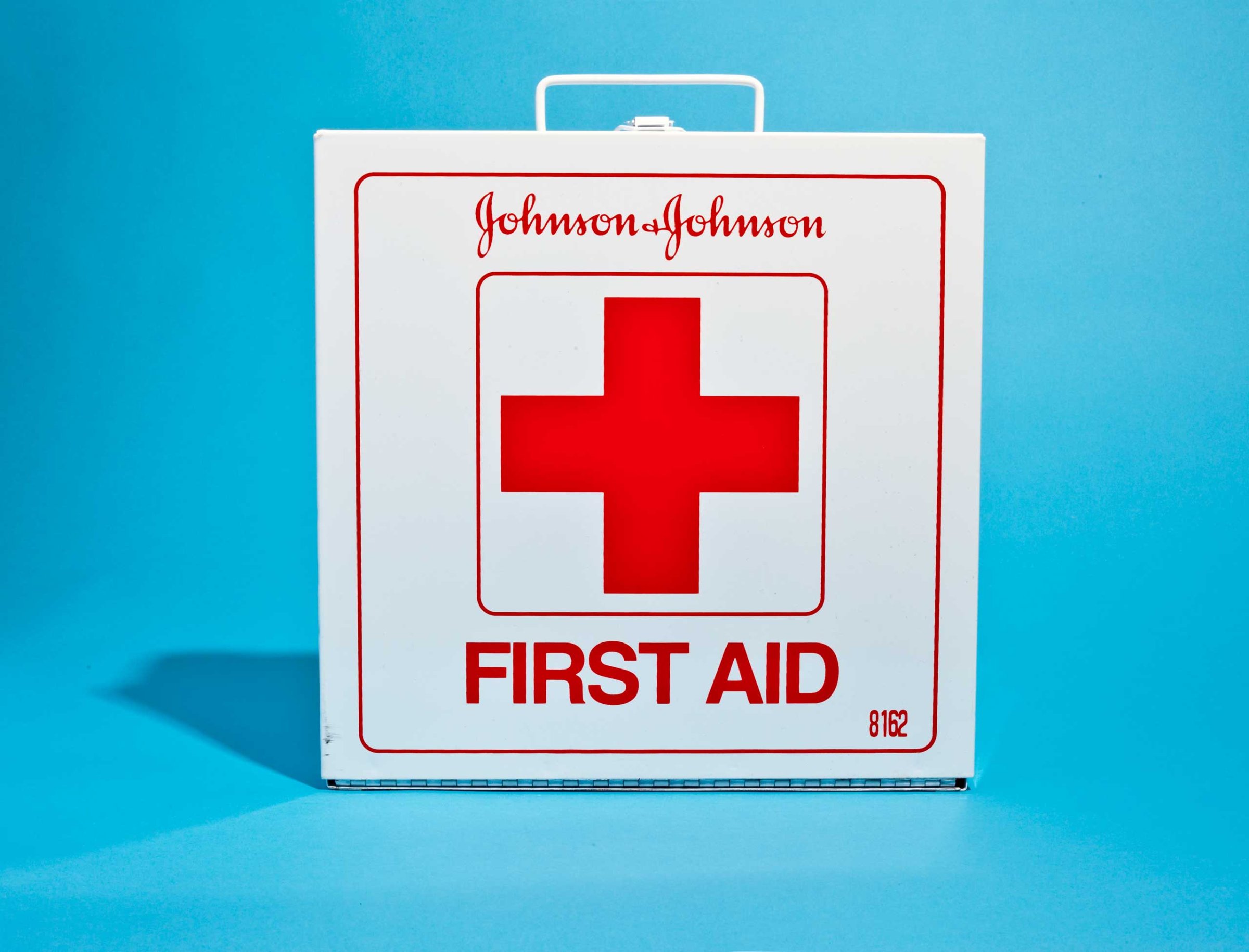
About one in every five Americans goes to the emergency room each year. And which one they end up at may have life or death consequences, suggests a new study published in The BMJ.
ERs across the country vary on their likelihood to admit patients into the hospital in the first place. “In general, the high-cost, big academic hospitals tend to admit a lot of people,” says Dr. Ziad Obermeyer, assistant professor in the departments of emergency medicine and health care policy at Harvard Medical School, who led the study. “A lot of other hospitals, which are leaner, private and non-academic, admit fewer patients.” People were most likely to die within a week of being discharged from the ER when they visited the latter.
Past research has shown that these hospital admission rates don’t make much of a difference for patient outcomes, Obermeyer says, making the lower cost model more attractive. But Obermeyer and his colleagues wanted to look at a question seldom asked in the research: What happens to ER patients who didn’t get admitted in that first critical week after they’re sent home? They analyzed Medicare claims from generally healthy adults who had visited the emergency room from 2007-2012 to find out.
“We restricted the sample to people who shouldn’t be dying,” Obermeyer says. “People who are generally healthy, who don’t have serious illnesses like cancer, who aren’t [old].” And they found that about 10,000 people die each year in that first week after being sent home from the ER—the majority of them after visiting hospitals that admitted the least number of patients.
The reason wasn’t that these patients were sicker. Ironically, people who visited hospitals with low ER admission rates were actually healthier than those who visited hospitals with high admission rates. So why were they dying?
The contributing factors are complicated, and the study did not look at the individual cases of medical decision-making. “I don’t think this is a story about irresponsible, cowboy docs who are just sending people home to die,” Obermeyer says; nor does he think it’s because these hospitals commit more medical errors. “I think it’s just a reflection of how difficult the job is; people who work in ERs work incredibly hard, see a lot of patients and just have to make really an insane number of very, very important decisions with very, very little information.”
Another important factor is that many of those hospitals are in rural areas, where doctors are less likely to work. “Part of it is that there aren’t enough doctors and human manpower to go around,” Obermeyer says. “Patients are getting far more complex, the technology we have available to us is getting more advanced, but we haven’t kept pace in the human side of medicine.”
Many of these smaller hospitals also don’t have dedicated in-house doctors who are able to admit patients from the ER. Instead, the patient’s primary care physician must be contacted and asked to come in, which is a significant barrier to entry. “A lot of things like that end up leading to people falling through the cracks.”
Obermeyer hopes the results encourage more research into how doctors should handle specific problems they see in the emergency department. Chest pain, for example, has a strict set of protocols, tests and paths for treatment, and in the study, patients with chest pain died at much lower rates than anyone else. “Once there’s an evidence base for how to manage patients with this specific problem, we actually do it well,” he says. “But it also highlights a lack of evidence for a lot of other kinds of patients. Even though this is a really critical decision, both for cost and for patient safety, that we in the emergency department are faced with a lot, it’s really understudied.”
More Must-Reads from TIME
- Donald Trump Is TIME's 2024 Person of the Year
- Why We Chose Trump as Person of the Year
- Is Intermittent Fasting Good or Bad for You?
- The 100 Must-Read Books of 2024
- The 20 Best Christmas TV Episodes
- Column: If Optimism Feels Ridiculous Now, Try Hope
- The Future of Climate Action Is Trade Policy
- Merle Bombardieri Is Helping People Make the Baby Decision
Write to Mandy Oaklander at mandy.oaklander@time.com